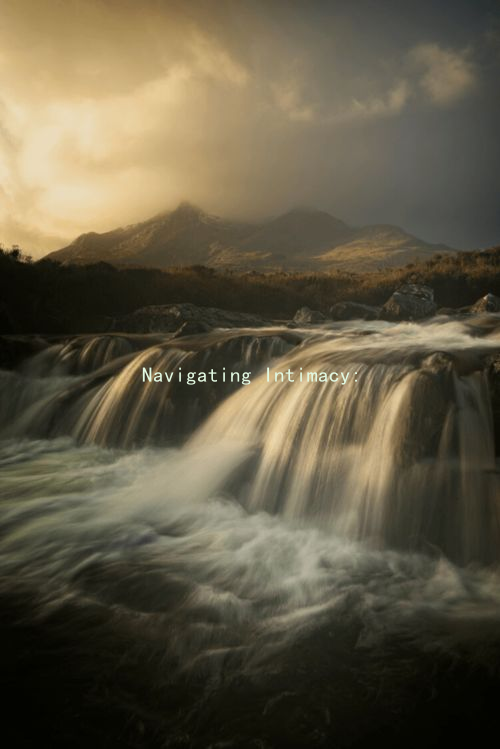Navigating Love: Philosophical Insights for Effective Relationship Strategies
Navigating Love: Philosophical Insights for Effective Relationship Strategies
Love and relationships are as old as humanity itself, yet they continue to baffle and inspire people across cultures and generations. The quest for meaningful connections often leads to a plethora of questions: How do we attract a partner? What keeps the flame of love alive? How do we navigate conflicts? By applying philosophical insights, we can develop effective strategies for building and sustaining healthy relationships.
One fundamental concept to consider is the idea of reciprocity. The philosopher Immanuel Kant introduced the notion of treating others as ends in themselves rather than mere means to an end. In the context of relationships, this translates to valuing your partner’s needs, desires, and individuality. Establishing reciprocity means investing time and effort into understanding your partner’s perspective and showing empathy towards their feelings. Regular check-ins can foster this dynamic, allowing both partners to express their needs openly and ensuring that neither feels ignored or taken for granted.
Another critical insight comes from the Stoics, who emphasized the importance of self-control and personal responsibility in relationships. Love can often evoke intense emotions, leading to irrational behavior. By practicing Stoic principles, individuals can cultivate emotional resilience. This means taking a step back during moments of conflict and reflecting on your responses. Instead of reacting impulsively, consider the broader context of the relationship. This strategy not only defuses potential conflict but also reinforces respect and understanding between partners.
Communication is perhaps the most pivotal aspect of any relationship. The ancient Greeks valued the concept of philia, which refers to deep friendship and companionship. Building a strong friendship as the foundation of your romantic relationship creates a safe space for open communication. Utilizing effective communication techniques, such as active listening and nonviolent language, can enhance your connection. When discussing sensitive topics, use I statements to express your feelings without placing blame. For example, saying “I feel neglected when we don’t spend time together” is more constructive than “You never pay attention to me.”

Furthermore, the role of vulnerability cannot be overstated. Brene Brown, a modern scholar who draws on philosophical themes, argues that vulnerability is the birthplace of love, belonging, and joy. In relationships, being open about your fears, insecurities, and aspirations fosters a deeper emotional bond. Taking the brave step to share your authentic self encourages your partner to do the same, facilitating a mutual journey towards intimacy.
Another important philosophical contributor to relationships is Friedrich Nietzsche, who spoke about the concept of the “will to power.” In relationships, this can be interpreted as the drive to support and uplift one another. Encourage your partner’s ambitions and be their cheerleader. Celebrating each other’s successes, no matter how small, creates a positive feedback loop that strengthens the emotional fabric of the relationship.
Lastly, the acceptance of impermanence, a concept drawn from Buddhist philosophy, allows individuals to embrace the ever-changing nature of relationships. Recognizing that both partners will grow and evolve over time helps in maintaining a realistic perspective. Its essential to foster flexibility and adaptability. Instead of resisting change, embrace it as an opportunity for growth, learning, and renewal within the relationship.
In essence, navigating love is less about finding a perfect partner and more about striving towards mutual understanding, respect, and growth. By integrating philosophical insights into relationship strategies, individuals can cultivate deeper connections founded on empathy, communication, and shared ambitions. Love is an ever-evolving journey, and with the right tools, it can become one of life’s most rewarding experiences.





